

Looking to buy nuts bolts and washers? This guide provides a comprehensive overview of different types, materials, sizes, and applications. Learn how to choose the right fasteners for your project, ensuring durability and safety. We'll also cover essential considerations like thread types, head styles, and compatibility, helping you make informed purchasing decisions.Understanding Nuts, Bolts, and WashersNuts, bolts, and washers are essential fasteners used in a wide variety of applications, from simple home repairs to complex construction projects. Each component plays a crucial role in creating secure and reliable joints.What are Nuts?Nuts are internally threaded fasteners designed to mate with bolts. They provide a clamping force when tightened, securing components together.Common Types of Nuts: Hex Nuts: The most common type, featuring a six-sided shape for easy wrenching. Lock Nuts: Designed to resist loosening from vibration and movement. Examples include nylon insert lock nuts and all-metal lock nuts. Wing Nuts: Feature 'wings' for hand-tightening without tools. Acorn Nuts (Cap Nuts): Decorative nuts with a domed top, covering the bolt threads for a finished look. Flange Nuts: Have a wide flange that distributes pressure over a larger area.What are Bolts?Bolts are externally threaded fasteners designed to be inserted through holes in assembled parts and tightened with a nut.Common Types of Bolts: Hex Bolts: Similar to hex nuts, with a six-sided head. Carriage Bolts: Feature a smooth, rounded head and a square shoulder that prevents rotation when tightened. Machine Bolts: Versatile bolts with various head shapes and thread types. Eye Bolts: Feature a looped head for attaching cables or ropes. U-Bolts: Shaped like a 'U' and used to secure pipes or other round objects.What are Washers?Washers are thin, flat disks with a hole in the center. They are used to distribute the load of a fastener, prevent damage to the surface being fastened, and provide a smooth bearing surface.Common Types of Washers: Flat Washers: Standard washers that distribute pressure and prevent damage. Lock Washers: Designed to prevent loosening due to vibration. Examples include split lock washers and star lock washers. Fender Washers: Have a larger outer diameter than standard flat washers, providing even greater load distribution. Finishing Washers: Decorative washers used to provide a clean, finished look. Sealing Washers: Designed to create a watertight seal around the fastener.Choosing the Right Materials for Your FastenersThe material of your nuts, bolts, and washers is crucial for ensuring the durability and longevity of your connections. Consider the environment and application when selecting materials.Common Materials: Steel: A strong and cost-effective option for general-purpose applications. Carbon steel is commonly used, but it is susceptible to corrosion. Stainless Steel: Offers excellent corrosion resistance, making it suitable for outdoor and marine environments. 304 and 316 stainless steel are popular choices. Aluminum: Lightweight and corrosion-resistant, but not as strong as steel. Brass: Corrosion-resistant and non-magnetic, often used in electrical applications. Alloy Steel: Offers enhanced strength and durability compared to standard steel.Understanding Thread Types and SizesThread type and size are critical factors when buy nuts bolts and washers to ensure compatibility and proper fit.Thread Types: UNC (Unified National Coarse): A common thread type for general-purpose applications. UNF (Unified National Fine): Offers greater holding power and resistance to loosening than UNC threads. Metric Threads: Standardized thread system used in many countries. Commonly designated with an 'M' followed by the diameter in millimeters (e.g., M6, M8, M10).Sizes:Fastener sizes are typically indicated by their diameter and length. For example, a 1/4-20 x 1' bolt has a diameter of 1/4 inch, 20 threads per inch, and a length of 1 inch. Metric sizes are indicated in millimeters (e.g., M8 x 25mm).Where to Buy Nuts, Bolts, and WashersYou can buy nuts bolts and washers from various sources, including: Hardware Stores: Local hardware stores offer a convenient option for smaller quantities and immediate needs. Online Retailers: Websites like Amazon and eBay offer a wide selection of fasteners at competitive prices. Industrial Suppliers: Companies like McMaster-Carr and Grainger specialize in industrial supplies, including a vast range of fasteners. Specialty Fastener Distributors: These distributors focus specifically on fasteners and can provide expert advice and specialized products. Hebei Muyi Import&Export Trading Co.,Ltd is a great example of such a supplier. We offer various types of high-quality nuts bolts and washers. Contact us today!Tips for Buying Nuts, Bolts, and Washers OnlineWhen buy nuts bolts and washers online, consider the following tips: Read product descriptions carefully to ensure you are ordering the correct size, material, and thread type. Check customer reviews to gauge the quality of the product and the reliability of the seller. Compare prices from different vendors to find the best deal. Consider buying in bulk if you frequently use fasteners. Pay attention to shipping costs and delivery times.Essential Tools for Working with Nuts, Bolts, and WashersHaving the right tools is essential for installing and removing nuts, bolts, and washers effectively.Common Tools: Wrenches: Used to tighten and loosen nuts and bolts. Adjustable wrenches and socket sets are versatile options. Sockets: Fit over the heads of nuts and bolts for easy turning. Screwdrivers: Used for screws with slotted, Phillips, or other types of heads. Pliers: Useful for gripping and manipulating small parts. Torque Wrenches: Used to tighten fasteners to a specific torque, preventing over-tightening or under-tightening.Safety ConsiderationsWhen working with nuts, bolts, and washers, always prioritize safety: Wear safety glasses to protect your eyes from flying debris. Use the correct size wrench or socket to avoid damaging the fastener or the tool. Do not over-tighten fasteners, as this can strip the threads or damage the components being fastened. Inspect fasteners regularly for signs of wear or corrosion. Replace damaged or worn fasteners immediately.Troubleshooting Common IssuesEven with careful planning, you may encounter issues when working with fasteners. Here are some common problems and solutions: Stripped Threads: If a fastener's threads are stripped, it will not tighten properly. Replace the fastener with a new one. Corrosion: Rust and corrosion can weaken fasteners and make them difficult to remove. Clean corroded fasteners with a wire brush or replace them with corrosion-resistant materials. Seized Fasteners: If a fastener is seized, apply penetrating oil and allow it to soak for several hours before attempting to remove it. You can also try using heat or a specialized bolt extractor tool.Table of Common Bolt Sizes and Torque ValuesThis table provides general guidelines for torque values. Always consult the manufacturer's specifications for your specific application. Bolt Size Torque (Dry) Torque (Lubricated) 1/4' 7 ft-lbs 5 ft-lbs 5/16' 15 ft-lbs 11 ft-lbs 3/8' 30 ft-lbs 22 ft-lbs 7/16' 45 ft-lbs 34 ft-lbs 1/2' 65 ft-lbs 49 ft-lbs Disclaimer: These values are approximate and should be used as a general guideline only. Always refer to the manufacturer's specifications for the correct torque value for your specific fastener.ConclusionChoosing the right buy nuts bolts and washers involves careful consideration of material, size, thread type, and application. By understanding the different types of fasteners available and following the tips outlined in this guide, you can ensure the safety and reliability of your projects. Remember to always prioritize safety and use the correct tools for the job.

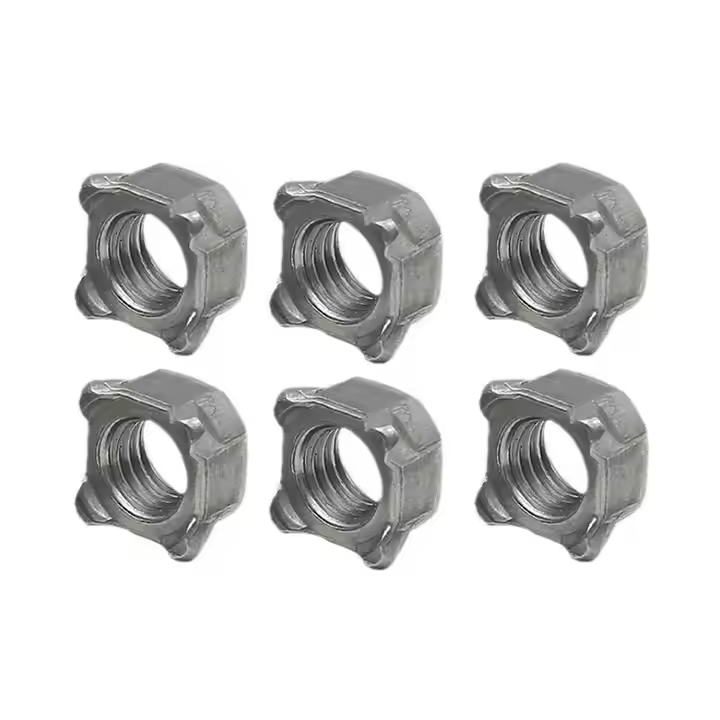

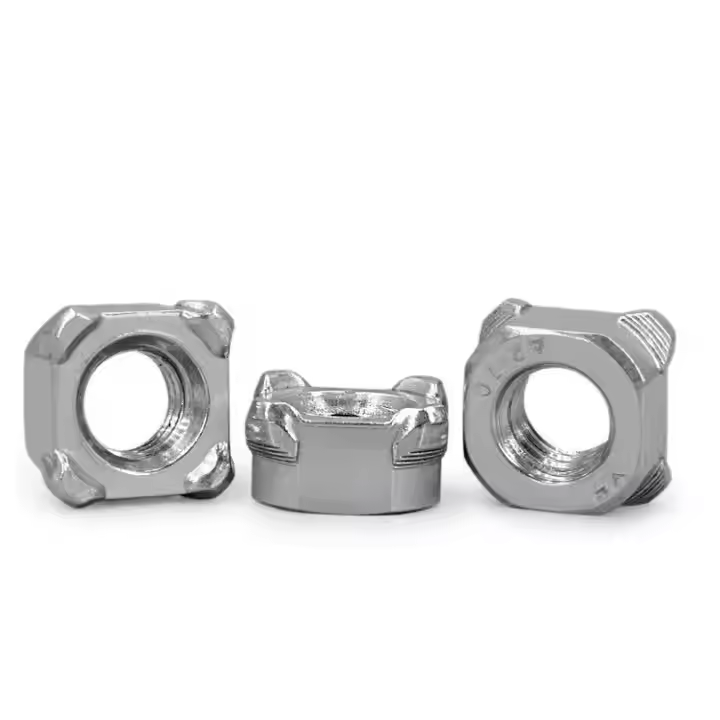


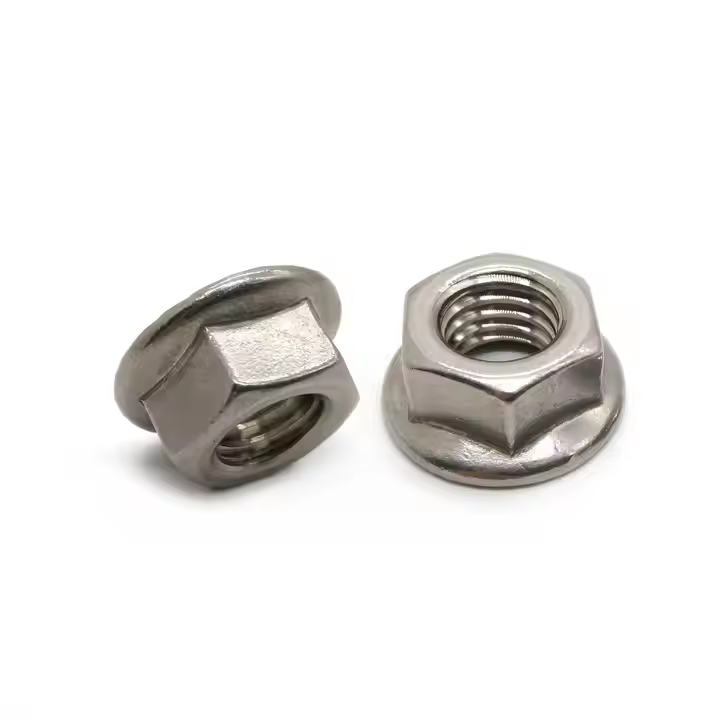




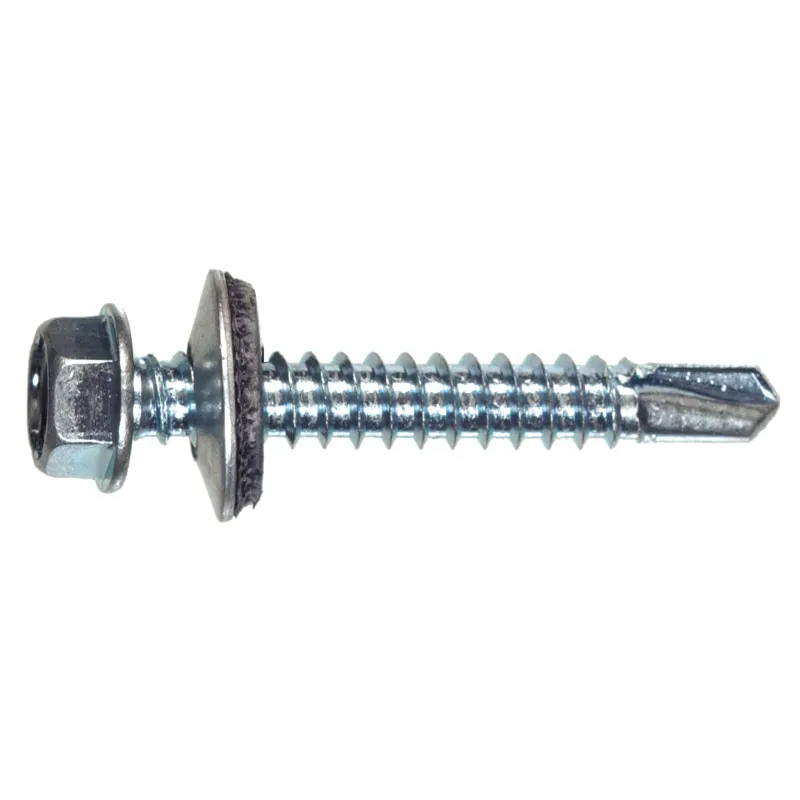
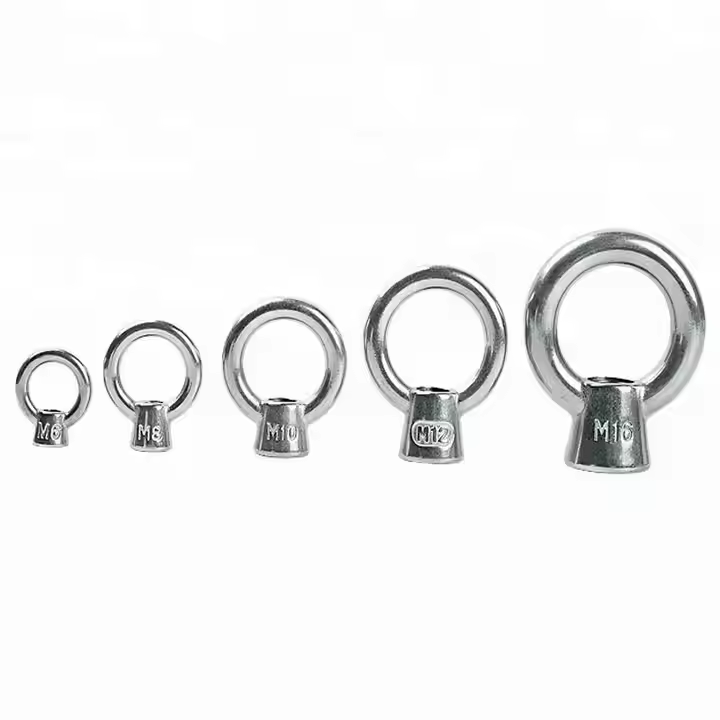
Please enter your email address and we will reply to your email.